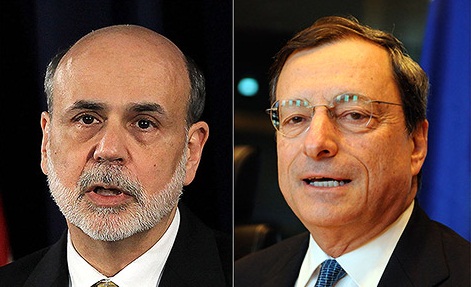By PATRICK J. BUCHANAN
Usually, not always, the peace party wins.
Gen. Sherman’s burning of Atlanta and March to the Sea ensured Abraham
Lincoln’s re-election in 1864. William McKinley, with his triumph over Spain
and determination to pacify and hold the Philippines, easily held off William
Jennings Bryan in 1900.
Yet Woodrow Wilson won in 1916 on the slogan, “He Kept Us Out of War!”
And Dwight Eisenhower won a landslide with his declaration about the stalemate
in Harry Truman’s war: “I shall go to Korea.” Richard Nixon pledged in 1968
that “new leadership will end the war and win the peace.” Vice President Hubert
Humphrey, behind by double digits on Oct. 1, promised to halt the bombing of
North Vietnam. He united his party and closed the gap to less than a point by
Election Day.
George McGovern ran as an antiwar candidate in 1972. By November, almost
all U.S. troops were home from Vietnam, however, and in late October Henry
Kissinger had announced, “Peace is at hand.” Nixon had expropriated the peace
issue. Result: 49 states.
Today, after the longest wars in our history in Afghanistan and Iraq,
Americans are sick over the 6,500 dead and 40,000 wounded, fed up with the $2
trillion in costs, and disillusioned with the results that a decade of sacrifice
has produced in Baghdad and Kabul.















.jpg)



